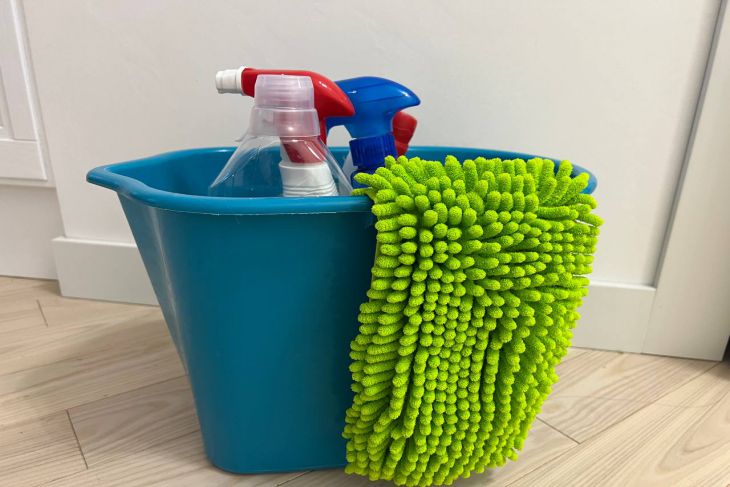What you can't wash with citric acid: important tips for the home
Citric acid is widely used as a household cleaner. It effectively removes scale, eliminates odors, and fights mold.
However, there are materials and surfaces that do not tolerate the effects of citric acid.
Incorrect use may cause damage to items.
What you can't wash with citric acid and why
Acid sensitive metals
Some metals do not react well to acid. For example, aluminum and copper may darken or become stained after contact with citric acid.
This is especially true for kitchen utensils and dishes made from these materials. Citric acid destroys their protective layer, which leads to corrosion and a reduction in the service life of the products.

Stone surfaces
Stone surfaces such as marble, granite and limestone are also susceptible to damage when exposed to citric acid.
Acid corrodes the structure of the stone, leaving stains and scratches. Marble and granite countertops, floors and other interior elements should be cleaned with special products designed for stone care.
Wooden surfaces
Citric acid can damage wooden surfaces, especially if they are not covered with a protective layer of varnish or paint. The acid destroys the structure of the wood, which leads to stains, darkening and even deformation of the material.
To care for wooden furniture and floors, it is better to use mild detergents that are safe for wood.
Fabric products
Some fabrics, especially natural fabrics, may be damaged by citric acid.
The acid destroys the fibers, which leads to discoloration and a decrease in the strength of the fabric. This is especially true for delicate materials such as silk and wool. Specialized products should be used to wash and clean such fabrics.
Electronic devices and household appliances
Citric acid can damage electronic devices and household appliances. The acid can corrode metal contacts, damage screens and plastic elements.
When cleaning household appliances, especially kitchen appliances, avoid using acidic products. It is better to use mild detergents and dry cleaning.
Enamelled surfaces
Enamelled surfaces may become dull and stained when exposed to citric acid.
This is especially true for enameled dishes and plumbing. Acid destroys the top layer of enamel, making it less resistant to mechanical damage and wear. It is better to choose neutral cleaning agents for the care of such surfaces.
Using citric acid to clean your home requires caution.
Despite its effectiveness in combating dirt, some materials and surfaces may be damaged by contact with acid. It is important to remember these features to avoid damage and keep things in good condition.
Previously we talked about how to wash kitchen towels.
